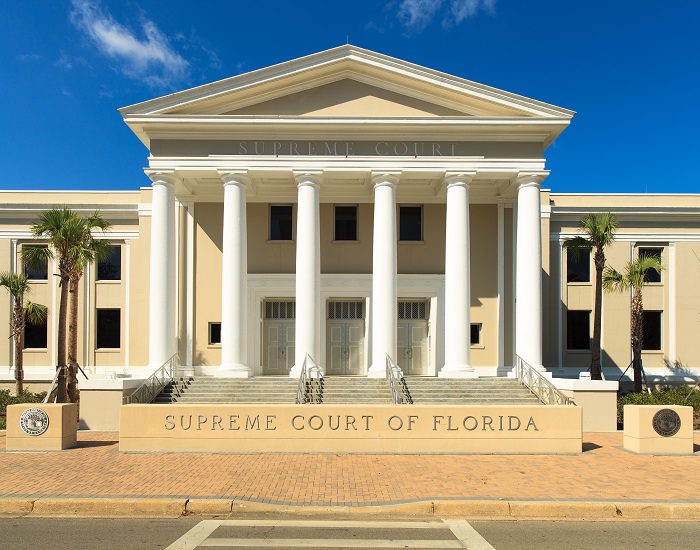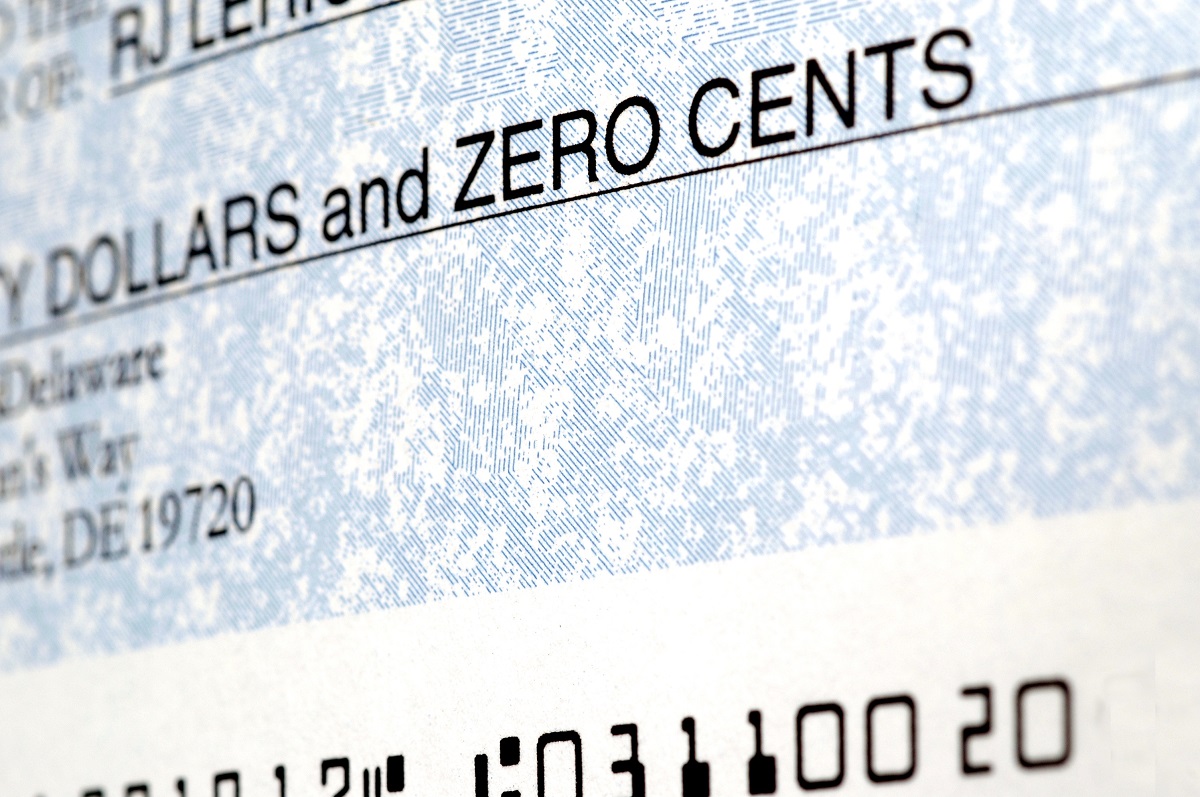The U.S. Court of Appeals for the Seventh Circuit recently affirmed a trial court's ruling that a credit union’s fee practices did not breach its contract with a customer. In so ruling, the Seventh Circuit held that the credit union did not make any promises not to use the "available balance" method to assess nonsufficient fund (NSF) fees or not to charge multiple fees when a transaction is presented to it multiple times.
Posts tagged as “Banking”
The California Court of Appeal for the First Appellate District recently reversed a trial court's decision to affirm an arbitration award that upheld the validity of a late payment fee assessed to borrowers in the event of a borrower's default.
The U.S. Court of Appeals for the Eleventh Circuit recently held that a bank did not perfect its security interest in a business debtor’s assets because the two UCC-1 Financing Statements filed with the Florida Secured Transaction Registry that failed to correctly name the debtor were “seriously misleading” under Florida Statute Section 679.5061(2), as the Registry does not implement a “standard search logic” necessary to trigger the safe harbor exception set forth in Florida Statute Section 679.5061(3).
The U.S. Court of Appeals for the Sixth Circuit recently affirmed the dismissal of a lender’s RICO claims asserted in connection with a borrower’s default on a $5 million loan.
The U.S. Court of Appeals for the Eleventh Circuit recently held that, consistent with rulings as to an identical New York law, the one-year period to make a demand for a refund of a fraudulent wire transfer under Florida Statutes § 670.202 may be not modified by contract.
The U.S. Court of Appeals for the Ninth Circuit recently affirmed a trial court’s grant of summary judgment in favor of the defendant bank in an action brought under the federal Telephone Consumer Protection Act.
The Appellate Court of Illinois, Third District, recently reversed a trial court’s order dismissing a debtor’s federal Fair Credit Reporting Act counterclaim against a bank.
The Supreme Court of Texas recently held that a bank’s wire transfer form did not create a contractual duty as claimed by a bank customer.
The Supreme Court of Florida recently rejected a consumer’s challenge to a convenience fee charged when he made a payment using his credit card.
The U.S. Court of Appeals for the Ninth Circuit recently reversed the dismissal of a consumer’s claims that a bank violated the federal Electronic Fund Transfer Act by failing to fully reimburse her for losses suffered as result of fraudulent transfers from her account.
The California Court of Appeals, First Appellate District, recently reversed a lower court’s orders denying a bank account holder’s petition to confirm an arbitration award and an order granting a bank’s petition to vacate the award, and remanded with instructions to enter an order confirming the award.
The Appellate Court of Illinois, Fifth District, recently affirmed a trial court’s judgment against a borrower on a credit card debt because it ruled that there were no errors in the admission of evidence, there was no evidence of judicial bias, and the judgment was not against the manifest weight of the evidence.












